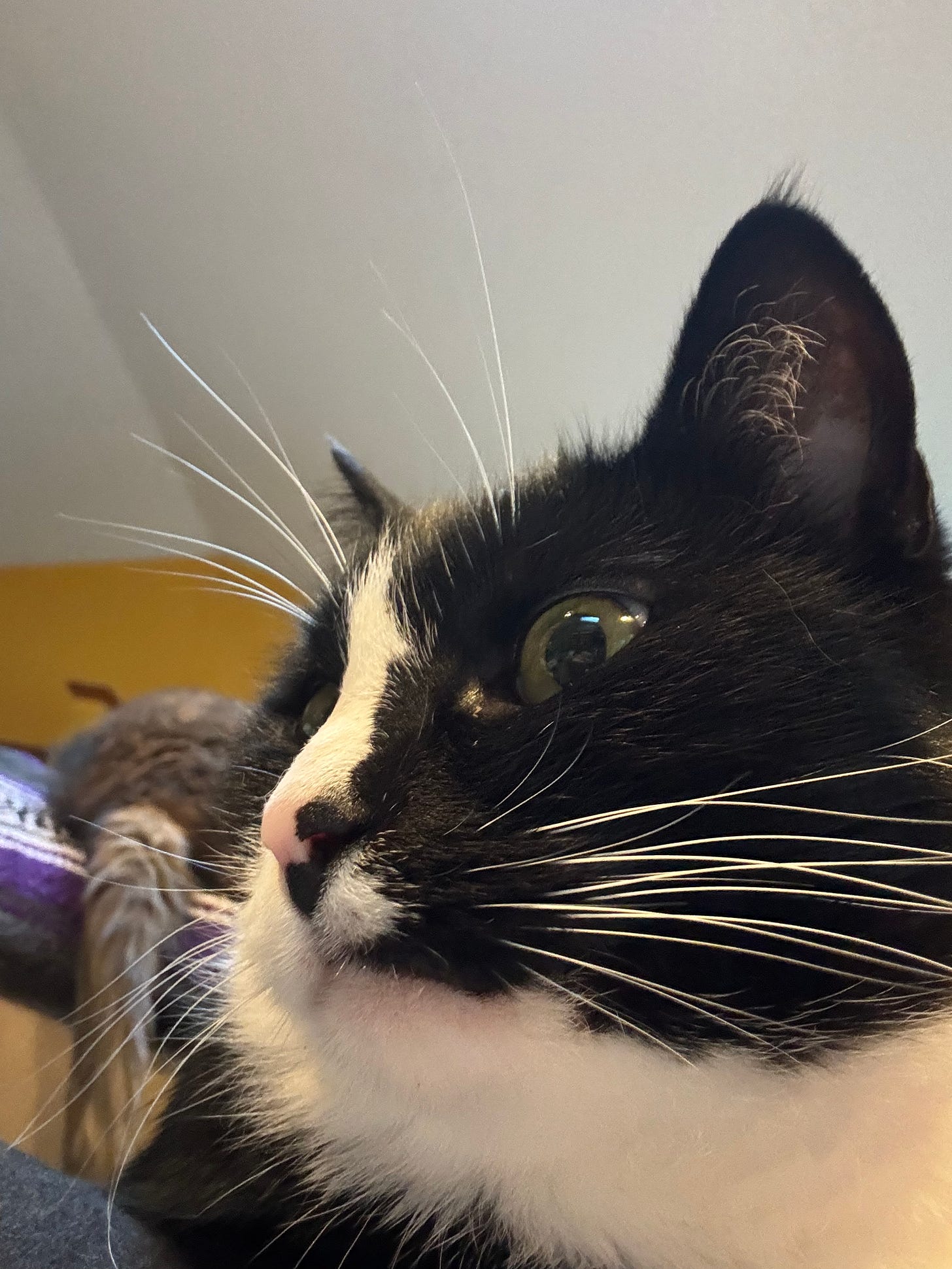As I read Claire Messud’s phenomenal new novel, This Strange Eventful History, I found myself thinking about Jonathan Escoffery’s debut story collection, If I Survive You (which I’ve mentioned here before). While the details are different, both books follow multiple generations of a family rebuilding their lives in a new country; in each case, the characters’ interactions with historical events mirror the experiences of the author’s own family, and the older and younger generations find themselves wrestling with questions of national identity.
Moreover, the two books have a great deal in common structurally. Each is divided into sections set at crucial moments over a period of decades, with little explicit mention of the years in between. Several characters appear as narrators or point-of-view characters. These books are sweeping family sagas, told in segments that have the level of detail and sense of completeness that we associate with short stories.
Why, then, is This Strange Eventful History marketed as a novel while If I Survive You is described as a collection of linked stories?
I suspect it’s as simple as this: Escoffery published many component parts of If I Survive You as standalone stories in literary magazines before he got a book deal, so he’s perceived as a short story writer; Messud has published several novels before, so readers and folks in the publishing industry think of her as a novelist. But if the structures can be so similar, is the distinction between a novel and a linked story collection all that useful?
I suppose readers might approach short story collections with the idea in mind that they can skip around rather than reading from start to finish, although I think once the word “linked” gets thrown into the mix, there’s often an evident (often chronological) reason why the stories are presented in a specific order, creating a stronger impulse to read from start to finish. Ultimately, though, I think this distinction is of greater interest to publishing houses than it is to authors or readers. The decision to label a book like this as a novel or a collection has a greater effect on marketing plans and eligibility for certain prizes than it does on the story itself, whether we’re experiencing it as a reader or as a writer.
A Humble Suggestion
In each newsletter, I’ll offer at least one recommendation for your reading, watching, or listening pleasure. This time: a new documentary and a binge-watchable series.
Brats (recently released on Hulu) is Andrew McCarthy’s exploration of the “Brat Pack” label and its effect on the young actors to whom it was applied. McCarthy visits actors and producers he worked with at the time—some of whom he has not seen in decades—as well as the journalist who originated the phrase for a 1985 New York magazine cover story, never expecting it would come to define his subjects’ careers. It’s a bittersweet journey, as McCarthy and his fellow actors commiserate over missed opportunities and grapple with differing perspectives on their shared history.
I don’t watch much reality television, but I’m more or less obsessed with The Traitors. (It’s an international franchise; for those of us in the US, the versions produced for the US, the UK, Australia, and New Zealand are available on Peacock.) Picture this: a bunch of total strangers playing a game of Mafia over the course of a week or two. Now imagine they’ve gathered in a remote Scottish castle, where host Alan Cumming, clearly having the time of his life, shows off what appears to be an unlimited wardrobe budget and periodically delivers hilarious line readings of the words murder and traitor directly to camera. That’s the US version of the franchise in a nutshell. It’s a hoot.
Here, Look at My Cats
The world is a mess, and you might welcome a pleasant distraction. For what it’s worth, here are my cats.
Happy summer (reading)!
Laura



Is it ever possible that the writer could choose the category of his/her work? Like entering a contest?